The Middle 02.
You can't do it all.
It has taken me several days to finish my laundry, lately.
And I mean several. We’re talking 7-10 business days and Canada Post lost the tracking number.
I’ve folded some of the loads and placed them in my laundry hamper, only to utilize my laundry hamper as a closet two days later, rifling through it in search of that specific t-shirt and unfolding my previous hard work as I do it.
Then, because my hamper is half full of clean clothes while the other half sit in the dryer, my floor grows a little mountain of clothing that would normally go in the hamper but can’t.
And then I watch as my mental health takes a wee dip, because I’m extremely sensitive to my environment and a cluttered space creates a cluttered mind.
It’s not usually like this, and I’ll be honest: I’m not a fantastic laundry-doer in the first place. I’m not a weekly washer. I’m an as-needed washer, and it usually takes me 1-3 days. Expedited shipping style.
But it seems to be a continual barrier for me in these past few months, and I’ve found myself feeling frustrated. I know that finishing the task will help me maintain a cleaner space and subsequently maintain better mental health. And, yet, I can’t seem to do the very thing that would be helpful for me. Cue feelings of shame, frustration, and general malaise.
I know I’m not alone in this either. Maybe you’re reading this with an acute awareness of the pile of laundry you’ve been avoiding. Or perhaps it’s something else. Maybe it’s nourishing yourself well. Moving your body. Spending time with people. Spending time alone. Taking time away from social media. Reading your Bible. Going to church. Whatever it is, there’s something you value that you have been unable to achieve these days and instead of offering yourself self-compassion, you’re serving yourself self-disdain on a silver platter.
“What’s wrong with me?” You ask, staring at the blank space on your apple watch rings, knowing if you don’t get up and move you won’t get that sweet green reward.
“You’re a fraud,” you accuse, thinking about how you preach self-care but find yourself scrolling Instagram or TikTok even though you said you wouldn’t.
“Other people don’t leave food molding in a Tupperware in the fridge, so why can’t I?” You question, closing the fridge door to ignore the ecosystem growing in your leftovers until another day, knowing full well that leaving it for another day will not make it better.
I hear this all the time, and especially lately. My friends, my clients, and myself all seem to be somewhat limited in our ability to do the things we value or consider important. But, instead of recognizing our inability to do what we want to do as a limit, we find ourselves feeling inferior, ashamed, and angry.
If you’ve read any of Aundi Kolber, John Mark Comer, Rich Villodas, Pete Scazzero, or, y’know, the Bible, you know you’re a limited being. You know you have finite emotional resources to offer in a day. You know you aren’t a machine, and you can’t do it all. But head knowledge and heart knowledge are different entities, so we forget about our limits the second we are unable to complete a task previously deemed important to us.
I bring this up for two reasons.
The first is that this is a value issue. We assign a moral worth to the tasks, activities, and qualities we deem important. We inherit these ideas from our culture, our faith, and our upbringing, and they tell us if we don’t do “x” then we’re not “good” people. If we hit a limit about something we value on a moral level, the subsequent reaction is to feel shame, self-dislike, or even self-hatred.
We feel like worse Christians when we say we’ll spend time with Jesus in the morning, but instead enter the holy land of TikTok.
We feel lesser-than when the laundry piles up and our home is a mess, because we have somehow tied our worth to the presentation of our environment and not to our God.
We feel inadequate when we look at our body and deem its size, its skin, its colour, and its scars bad, because our culture has told us that certain qualities are prized.
The second reason we’re talking about limits is because our limits are influenced by our context. For many of us, the context we live in has been two years of stress, anxiety, and loud disagreement. Everything shut down, and now things are opening up to pre-pandemic paces. Opinions and reasons to stress continue to inflate like gas prices, and we are feeling it. We’re operating more limited than ever before, and we’re trying to do the things we used to at the same pace.
For some of us, too, our contexts include other limiting aspects. Family illness. Grief. Pressures of leadership. School. Finances. Finding a job. Previous trauma. Health issues. The list goes on and on.
Our contexts inform where our limits land (some days we have immense capacity, and others we have hardly any) while our values inform what our limits say about us.
Here’s what I’m getting at: What if our inability to do the things we value says more about our finite inner resources and the world we live in than it does our worth? What if, instead of getting angry with ourselves for not doing what we want to do, we took a moment to assess whether the things we want to do are rooted in truth in the first place?
We’ve all internalized ideals, moral by-laws of sorts, from various sources that tell us what’s important. But let me tell you: the phrase “cleanliness is next to godliness” isn’t scriptural1. Paul did not write a single epistle that ordains the order of a morning quiet time. Jesus had nothing to say about your weight, your acne scars, or whether you need lip-fillers.
Not once has God said your worth is in what you do. It’s always been in who He is, and what He has done.
So, what if today, in this middle of May, we saw our limits as not symptoms of our lack but of our humanity? What if we considered our contexts, and explored with curiosity why we are perhaps more limited than we used to be? What if we gently evaluated whether some of our values need to change, flex, or be expressed differently in light of our limitations?
And what if, stay with me here, we offered ourselves compassion and, radically, saw our limitations as a holy ground to walk in the fullness of God’s grace? Perhaps the most honest way to honour our values is to breathe life and space into our limitations, finding the holy in the unkempt. For it is here, in our finite spaces littered with laundry and limits, we are able to experience a love so infinite and all encompassing that, frankly, we finally find the permission to let go of our need to do it all, to be it all.
Maybe today is the day we finally let ourselves do a bit less.
A Benediction:
May your limits lead you to the limitless One,
And would they show you God’s limitless grace.
Journal Prompts:
What aspects of my current context allow my limitations to be further away or closer to me?
Where might my current frustrations with myself reveal a limit or a value I may not have been aware of?
Where have I internalized a value that isn’t necessarily true? How did this come to be, and what might I do to change it or my perspective?
Practices to try:
PERFECTLY IMPERFECT- choose an area of your life to practice imperfection. Maybe it’s the laundry, or the meals you cook, or the things you post online. With intention, choose to be imperfect.
LIMIT LEANING - practice leaning into your limits, and making adaptations where necessary. For example, if you are wanting to study scripture daily but are finding this difficult, you might consider choosing one verse to read each day rather than sitting down with three different commentaries and eighteen different biblical translations.
SCREW IT - look at the thing that represents your limit (I’ll be looking at my laundry pile) and say, out loud if you’re able, “so what?” It seems silly, but it goes a long way in empowering you to let go of those shameful feelings.
Now for some fun stuff!
Here are things that have made me smile this month, because we can’t talk about serious stuff all the time:
This playlist for The Popcast’s2 live show is filled with bops. I dare you to listen to it and not find your mood improved.
Nathan Pyle is a comic and his creations are delightful. I enjoyed this thread.
This dad who did not want to watch The Princess Diaries, but then became invested. As he should, because it is a classic movie.
I used to do Irish dancing, and so stumbling upon Cairde’s beautiful beats on my TikTok feed is pleasant for my ears.
Sparks Like Stars by Nadia Hashimi was a beautiful read. Putting it in a “fun” section may be remiss because it is a sad and reflective story, but I’m recommending it all the same.
My favourite musical artist, Johnnyswim, released a new album.
And the following tweets gave me a chuckle:
This phrase was popularized by John Wesley and, in context, he’s actually saying that physical cleanliness is not a religious requirement.
The Popcast is a podcast “educating you on things that entertain, but do not matter”. It makes me laugh, regularly.



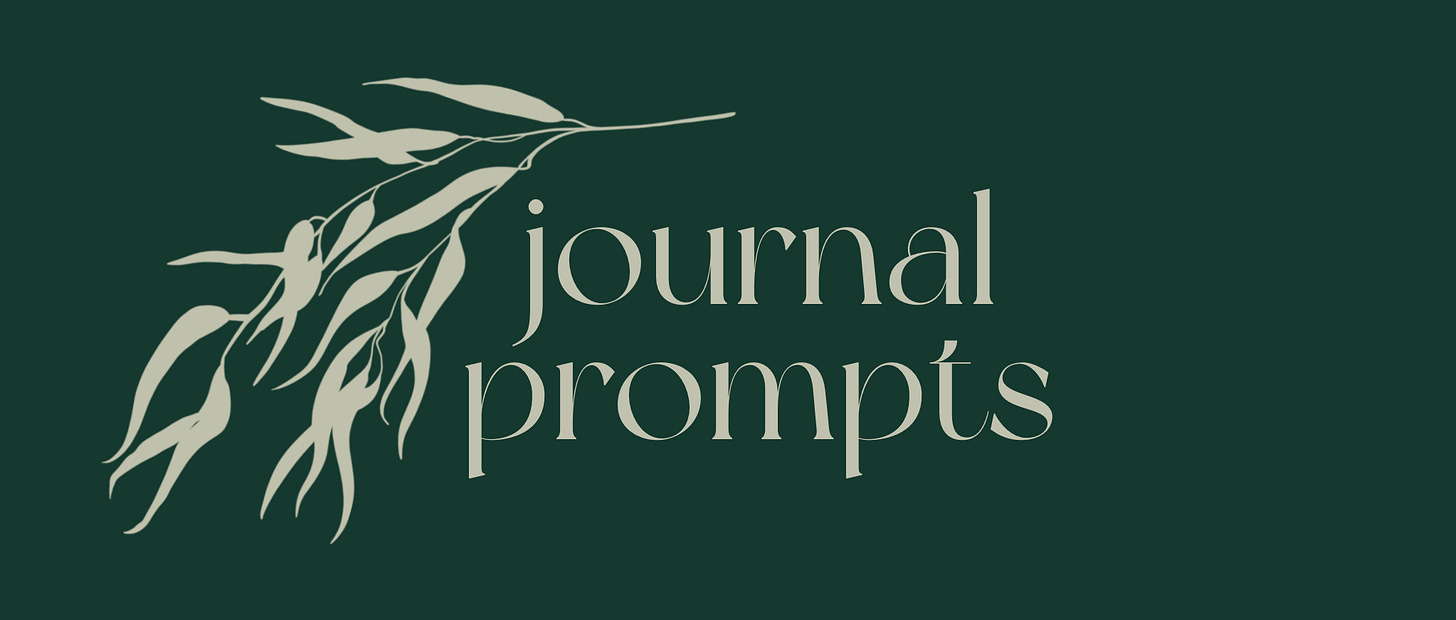
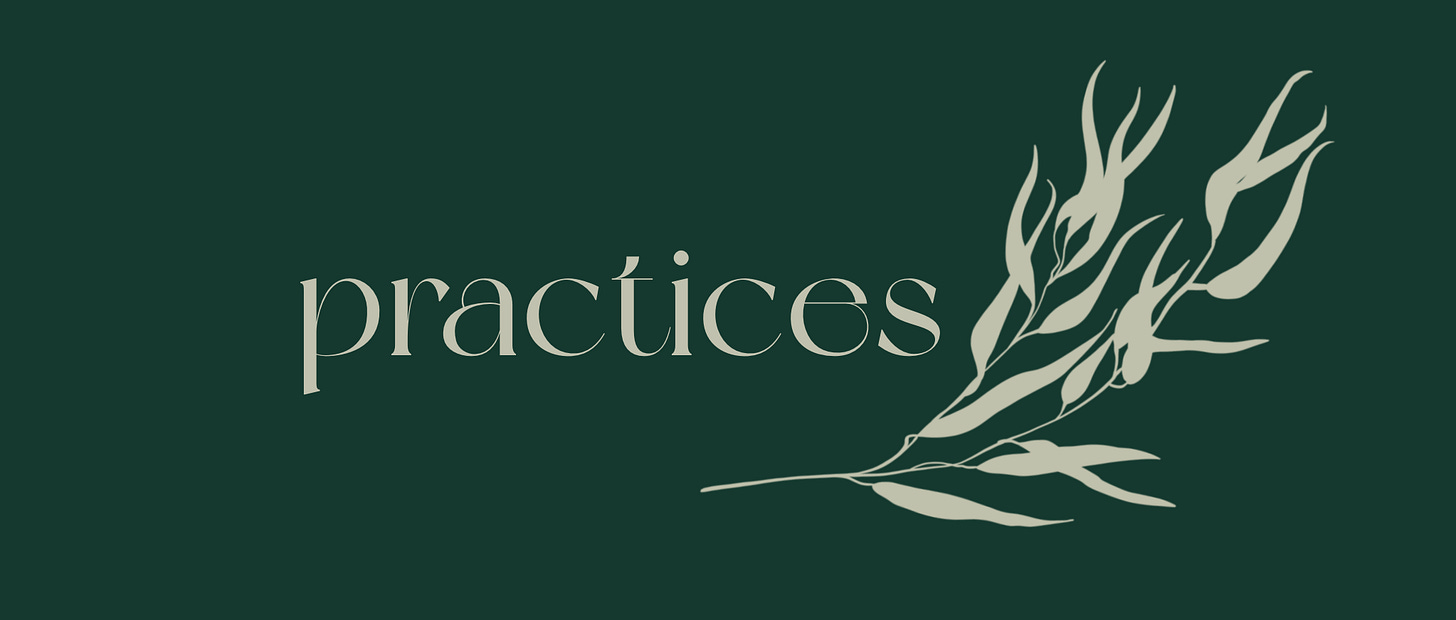
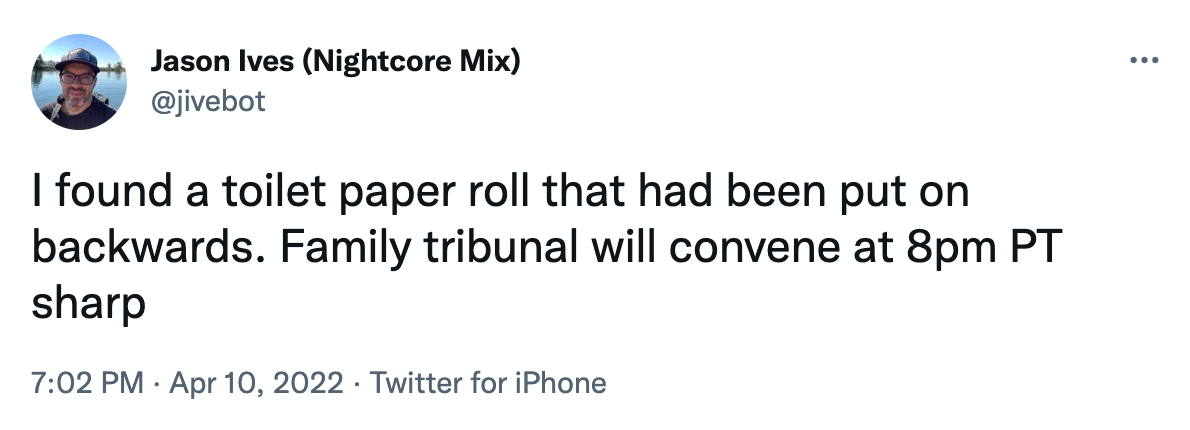
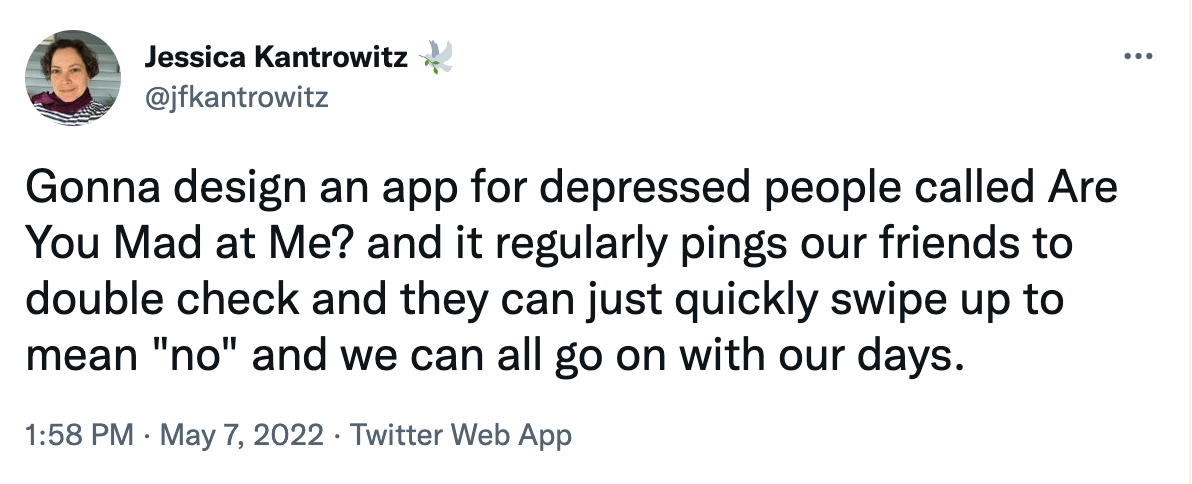
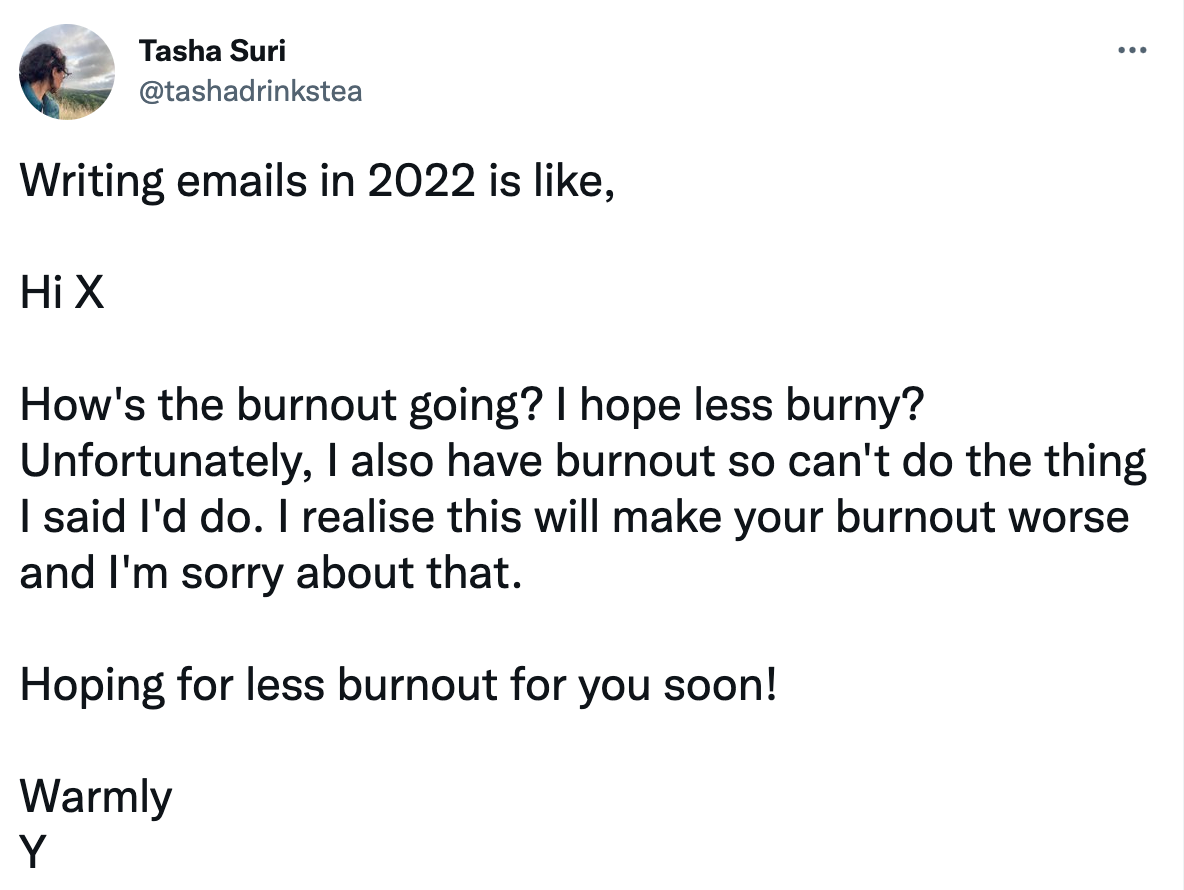
This one really hit home.
The limits I find myself facing drag me down and for what reason? Occasionally it is a moment of “so what?” It doesn’t harm anyone but myself, my own mind, but I should put value in myself, too. But practicing some “limit leaning” is what I need, to not pressure myself so much but to find grace within my limits.
Excellent read.
This is so timely for me. So grateful for you and how beautifully you articulate words that sink deep, resonate, and bless.